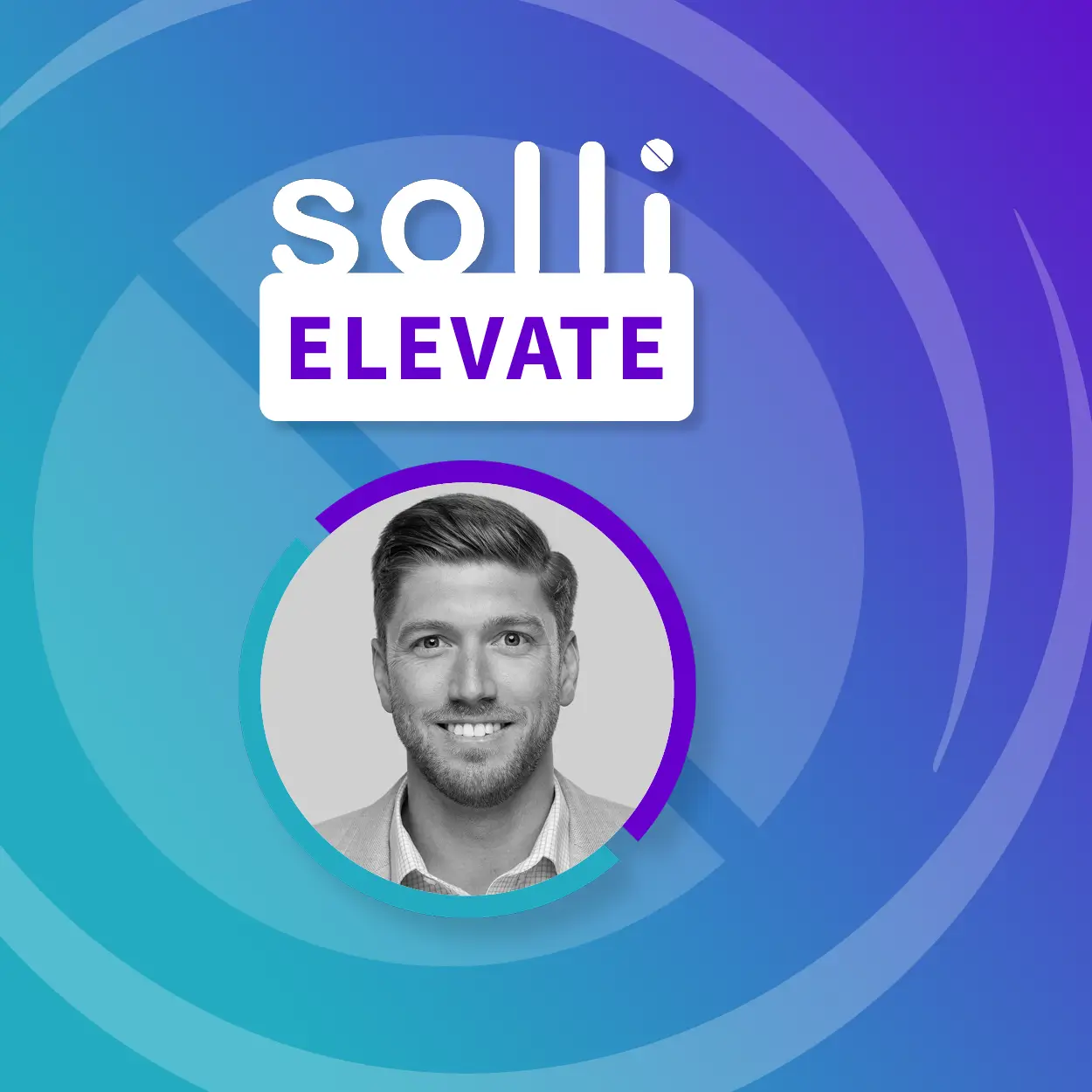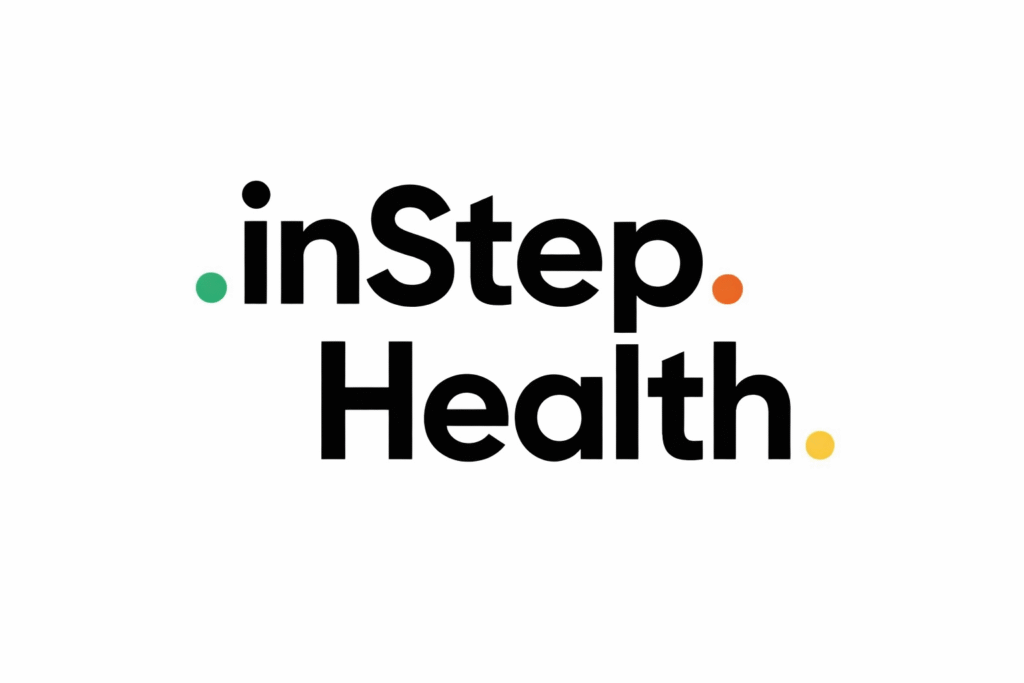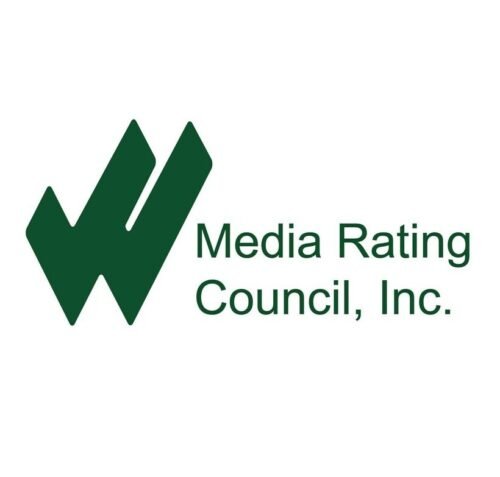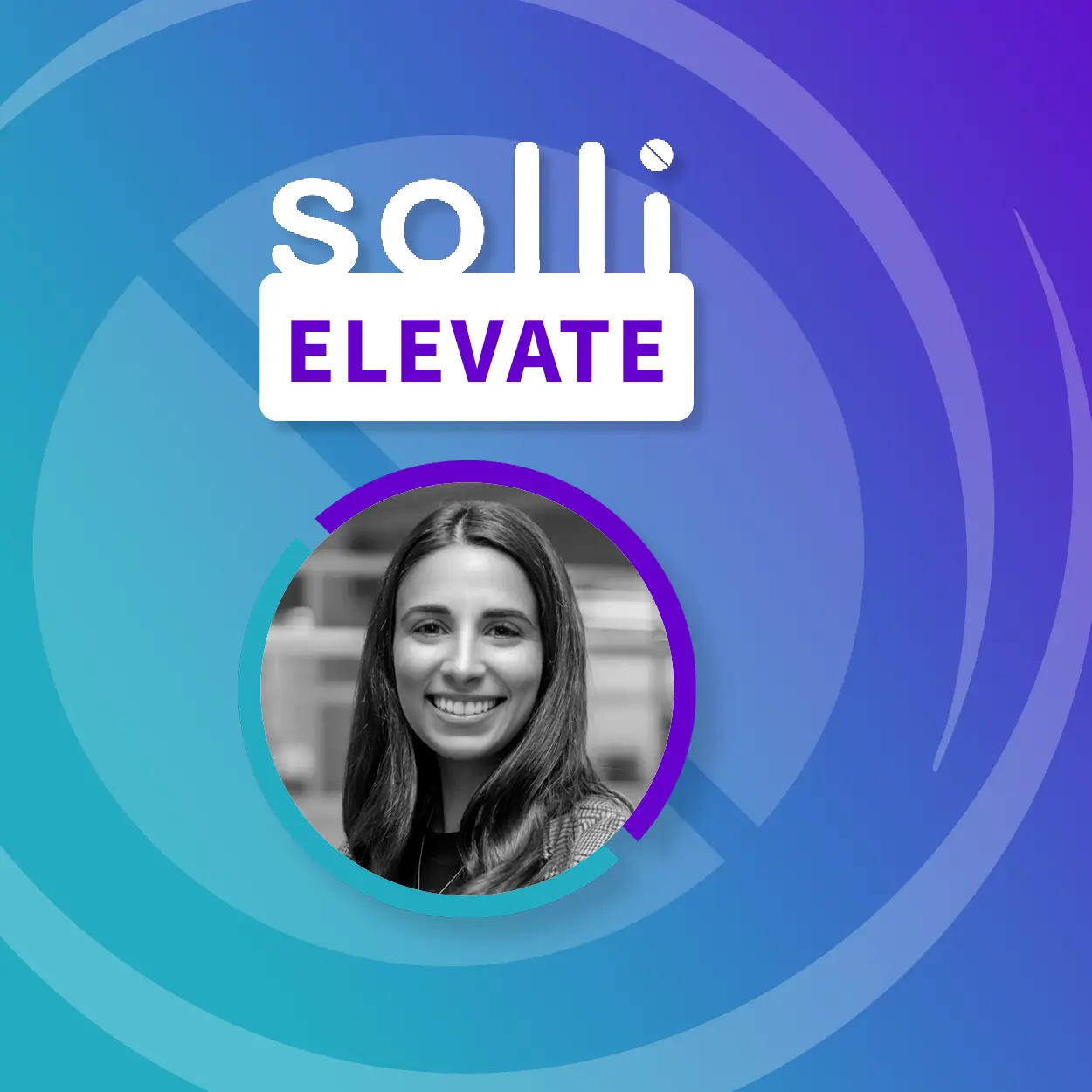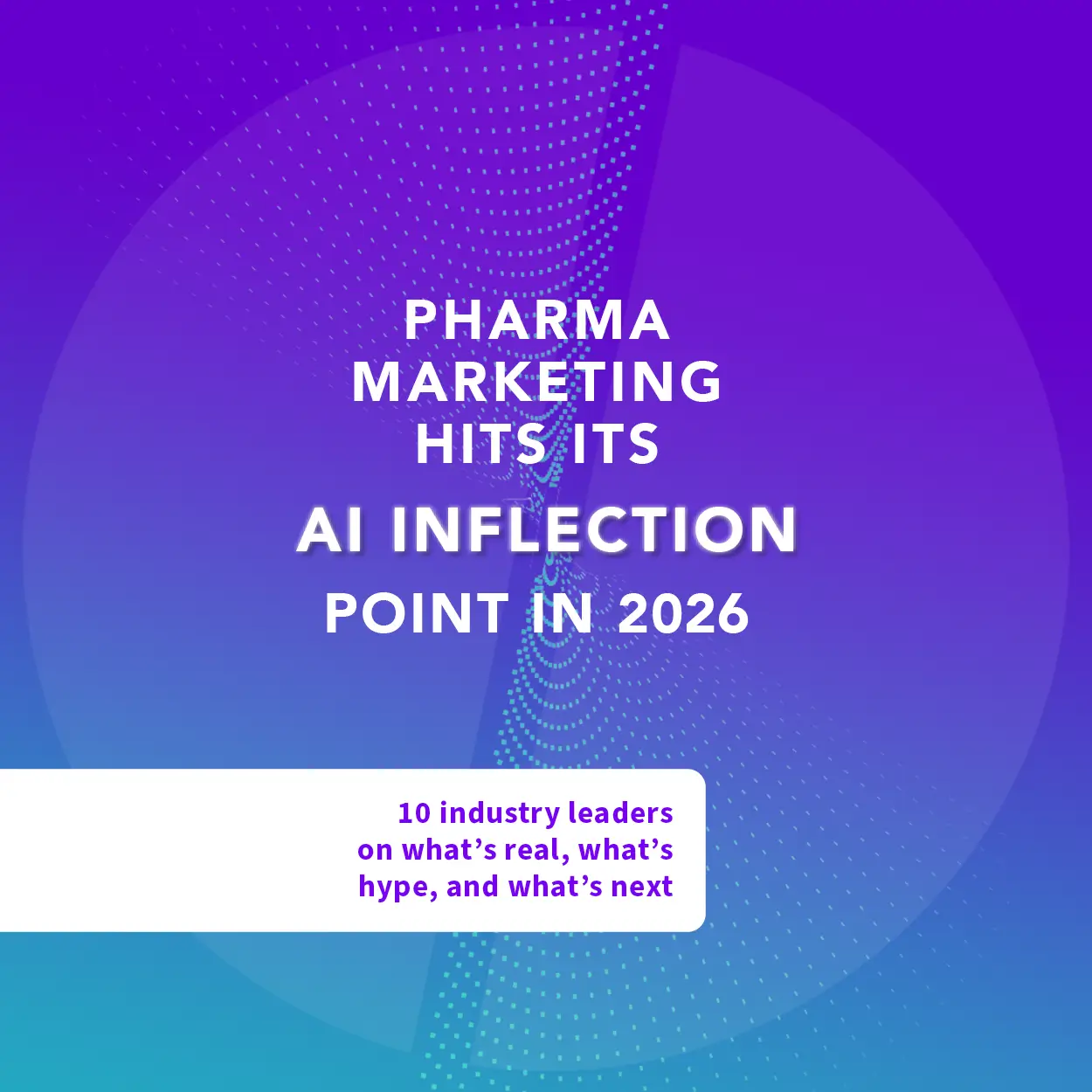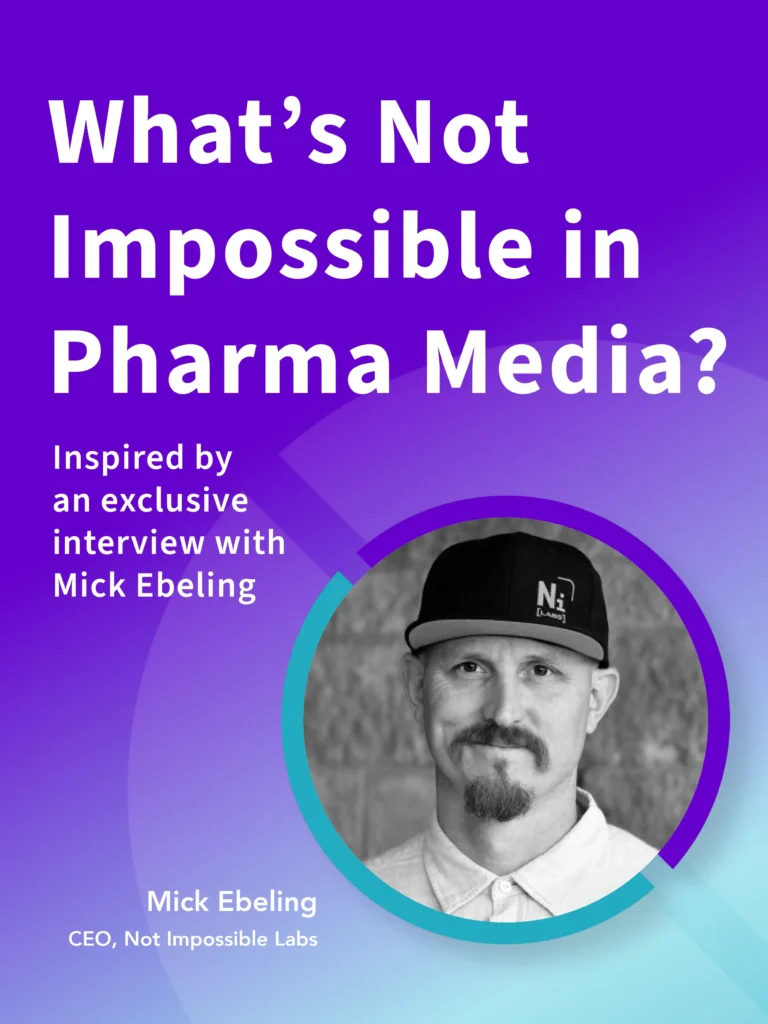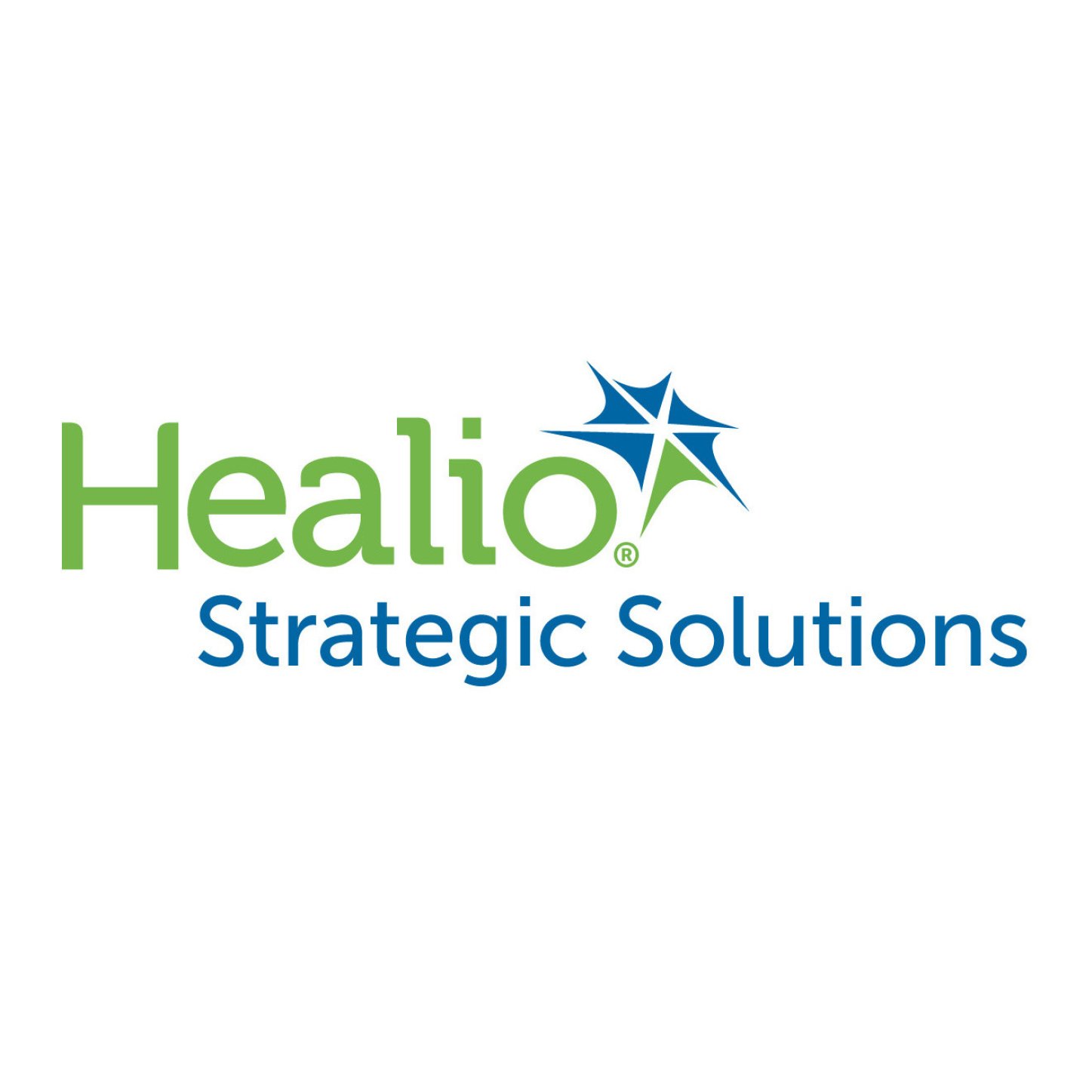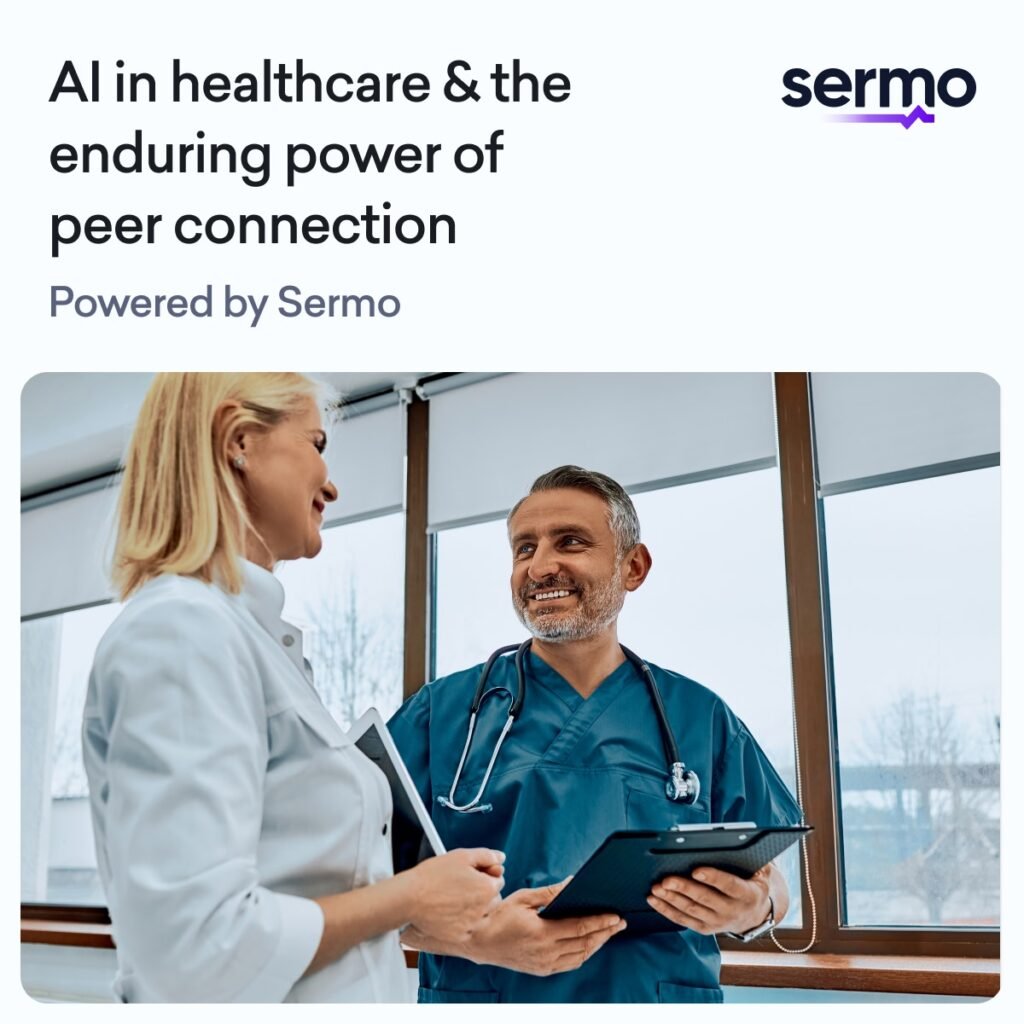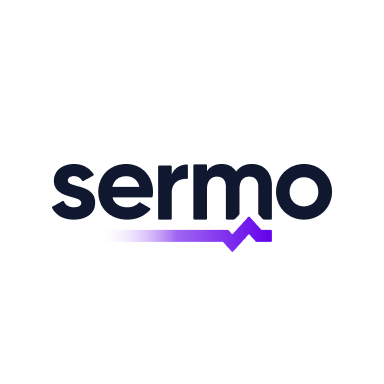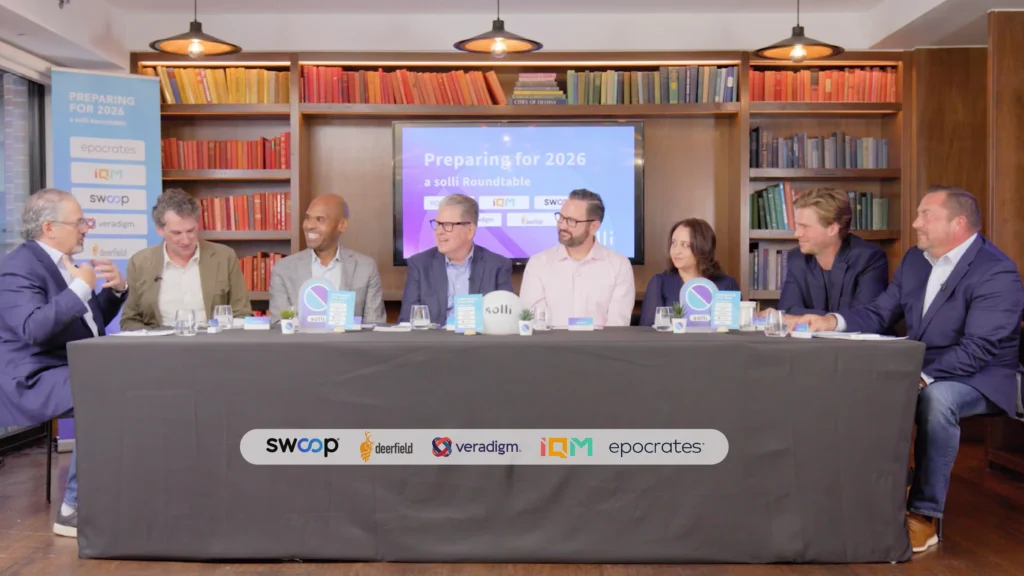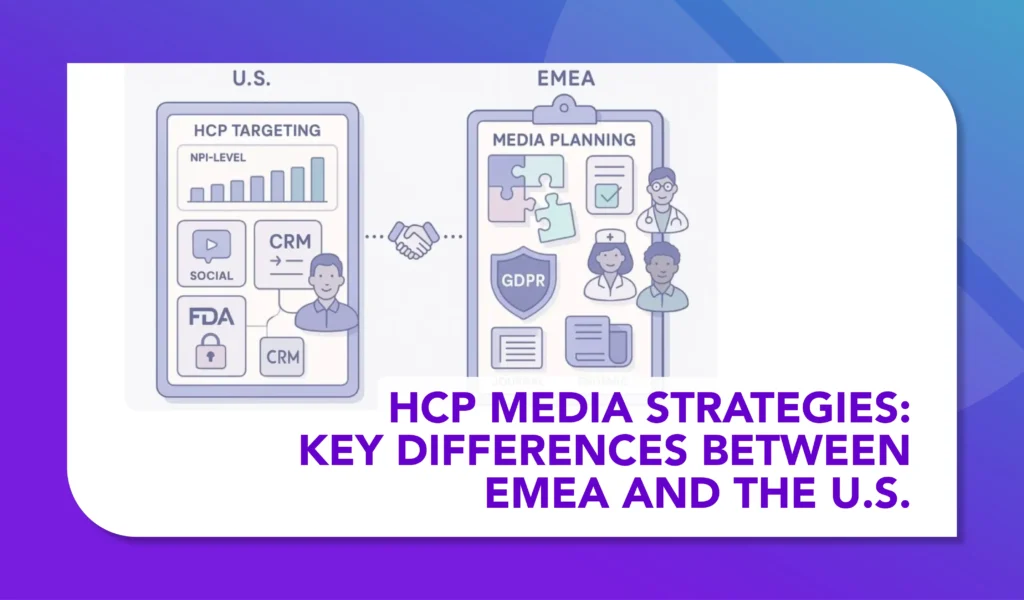Impiricus tops Deloitte North America Technology Fast 500
AI-powered HCP engagement company tops North America’s Fast 500
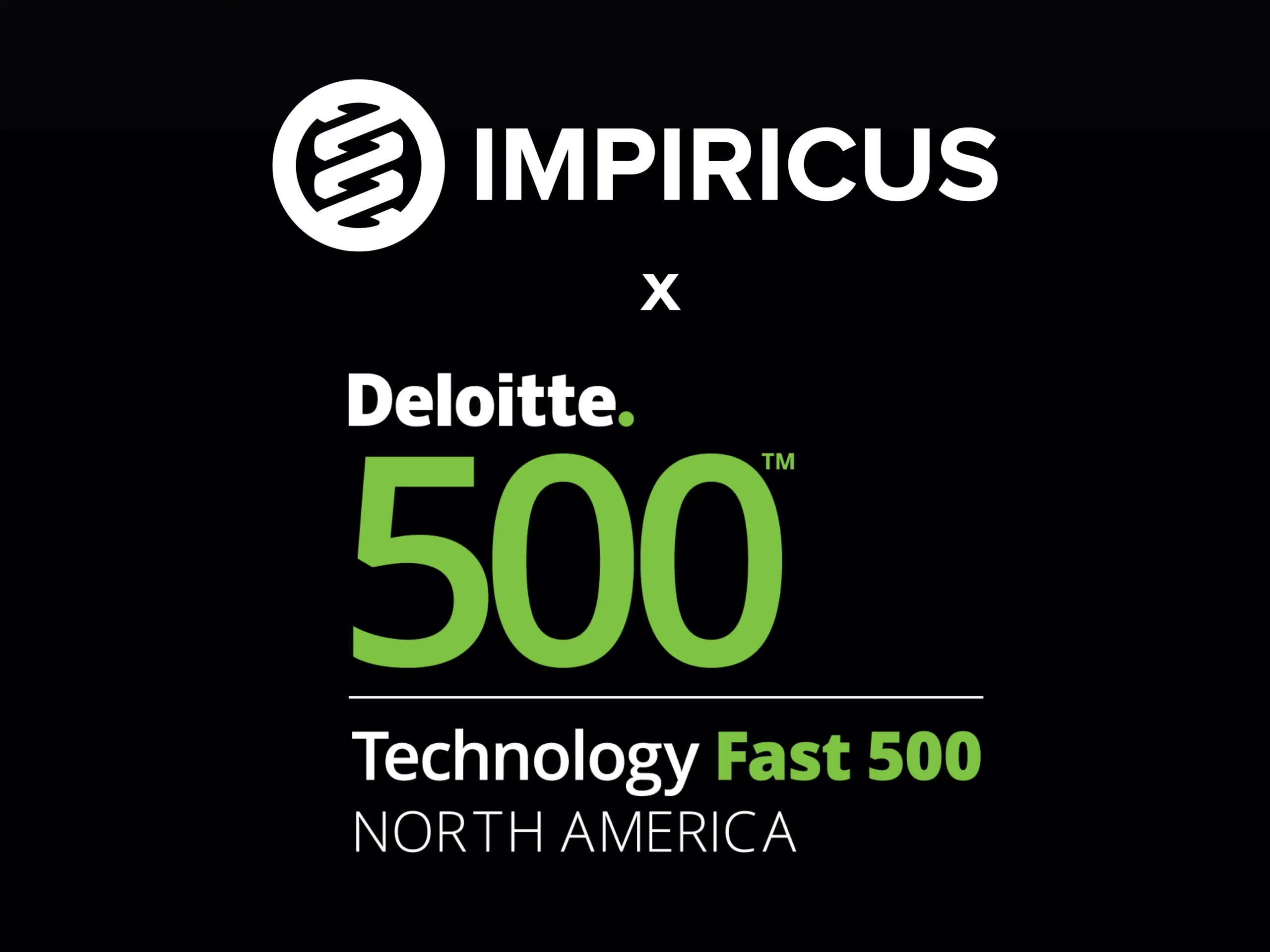
Impiricus, an AI-driven healthcare professional (HCP) engagement company focused on connecting physicians with pharmaceutical resources, has been named the fastest-growing technology company in North America in Deloitte’s 2025 Technology Fast 500™ ranking.
The Atlanta-based business secured the number one position overall and also took the top spot in Deloitte’s artificial intelligence category, on the back of reported revenue growth of 29,738% between 2021 and 2024. The Fast 500 ranks companies across technology, media, telecommunications, life sciences, fintech and energy tech on three-year percentage revenue growth.
For an industry often under scrutiny over how it engages healthcare professionals, the fact that a life-sciences-focused AI company leads this year’s list is being read as a signal of both the sector’s resilience and the pace of innovation around HCP engagement.
“Laser focus” on physicians, patients and pharma’s role
Speaking exclusively to solli’s CEO, Richard Springham, Impiricus’ Chief Strategy Officer and Co-founder, Sandy Donaldson said the company’s trajectory reflects a tight focus on the fundamentals of healthcare impact rather than growth at all costs.
“We’ve been laser focus in terms of three things,” Donaldson said. “How do we serve our physicians? How does that relate to patient impact? And how can we bring pharmaceutical companies in a positive and ethical way into that ecosystem?”
Impiricus’ platform is designed to use AI to help life sciences companies identify which physicians are most likely to benefit from specific information, support or resources—rather than simply increasing message volume. Deloitte’s own commentary on this year’s ranking highlights that many of the fastest-growing companies are those able to pair scale with precision and relevance in how they apply technology.
In a world where AI can deliver so much scale CEO and Co-founder, Dr Osama Hashmi added, “it’s never around spray and pray. It’s always around figuring out where the underserved message is and who are the underserved physicians.”
That framing is likely to resonate with pharmaceutical and biotech leaders who are under pressure to reduce noise for clinicians while still ensuring that time-sensitive, often complex information about therapies reaches the right HCPs.
A life sciences story inside a tech ranking
The Deloitte Technology Fast 500 has historically been dominated by software and services businesses, and that pattern continues: this year, more than half of ranked companies fall into that category. Life sciences and fintech take the second and third spots by representation, with artificial intelligence jumping into the fourth position as a sector, reflecting the rapid commercialisation of AI-based platforms across healthcare and beyond.
Impiricus sits at the intersection of several of these themes. Deloitte categorises the company within artificial intelligence, but its core market is life sciences, and its customers are pharmaceutical and biotech companies looking to modernise how they engage HCPs while maintaining strict compliance and ethical standards.
For many in pharma, an AI-driven HCP engagement engine leading a cross-industry growth ranking is likely to be read as a barometer of where value is accruing in the commercial model: at the point where data, analytics and real-world clinical decision-making meet.
Building a team for sustainable scale
Behind the growth numbers, Donaldson and Hashmi point to people and culture as central to being able to scale quickly in a highly regulated space.
“We want people who are ambitious, people who have proven experience,” they told Springham. “We also want people who are humble, people who can be collaborators, people who don’t know it all, but are excited to learn.”
That emphasis on both ambition and humility mirrors a wider trend among high-growth healthtech and life sciences companies, which increasingly compete not only on technology but also on their ability to attract talent who can navigate the nuances of clinical practice, compliance, and AI ethics.
Deloitte’s ranking methodology, which looks at percentage revenue growth rather than absolute size, often surfaces private companies that have been able to combine niche focus with rapid scale. This year’s cohort saw overall growth rates ranging from 122% to 29,738%, with an average of 1,079% across the 500 companies.
Looking ahead: “1% of the way there”
Despite leading the 2025 list, Hashmi characterises Impiricus as still at the beginning of its journey in reshaping how pharma and physicians interact.
When asked about their future, he said, “we feel like we’re 1% of the way there in the journey, excited for the step forward.”
For pharma leaders, that “1%” sentiment may be familiar. As AI becomes embedded across medical affairs, commercial and market access functions, the challenge is less about experimenting with pilots and more about operationalising these approaches at scale, without losing sight of clinical realities or patient impact.
Taken together, Impiricus’ top ranking and the broader composition of the 2025 Technology Fast 500 point to a market in which AI-enabled, healthcare-specific platforms are no longer peripheral to the tech growth story—they are increasingly at its centre.

